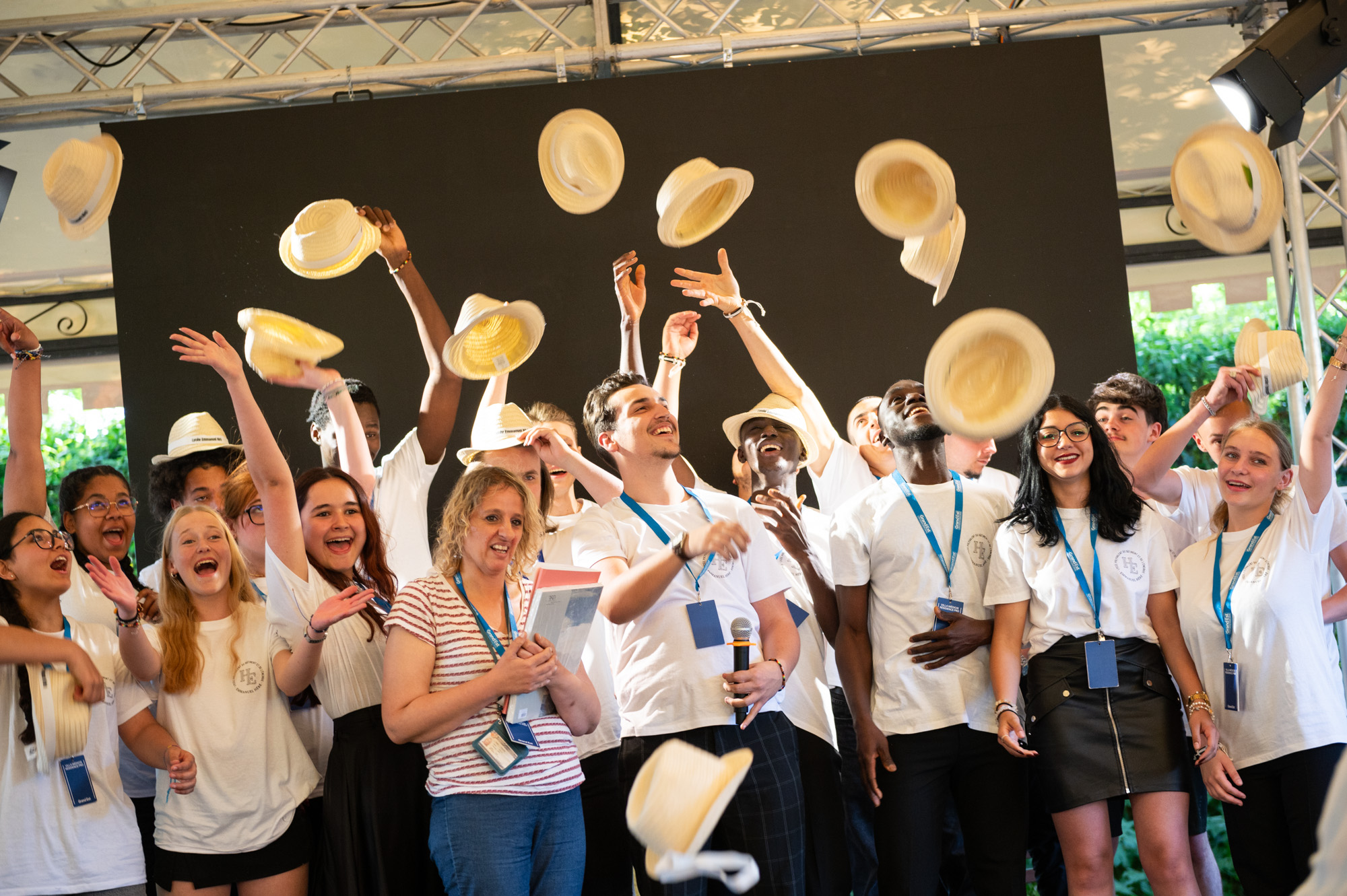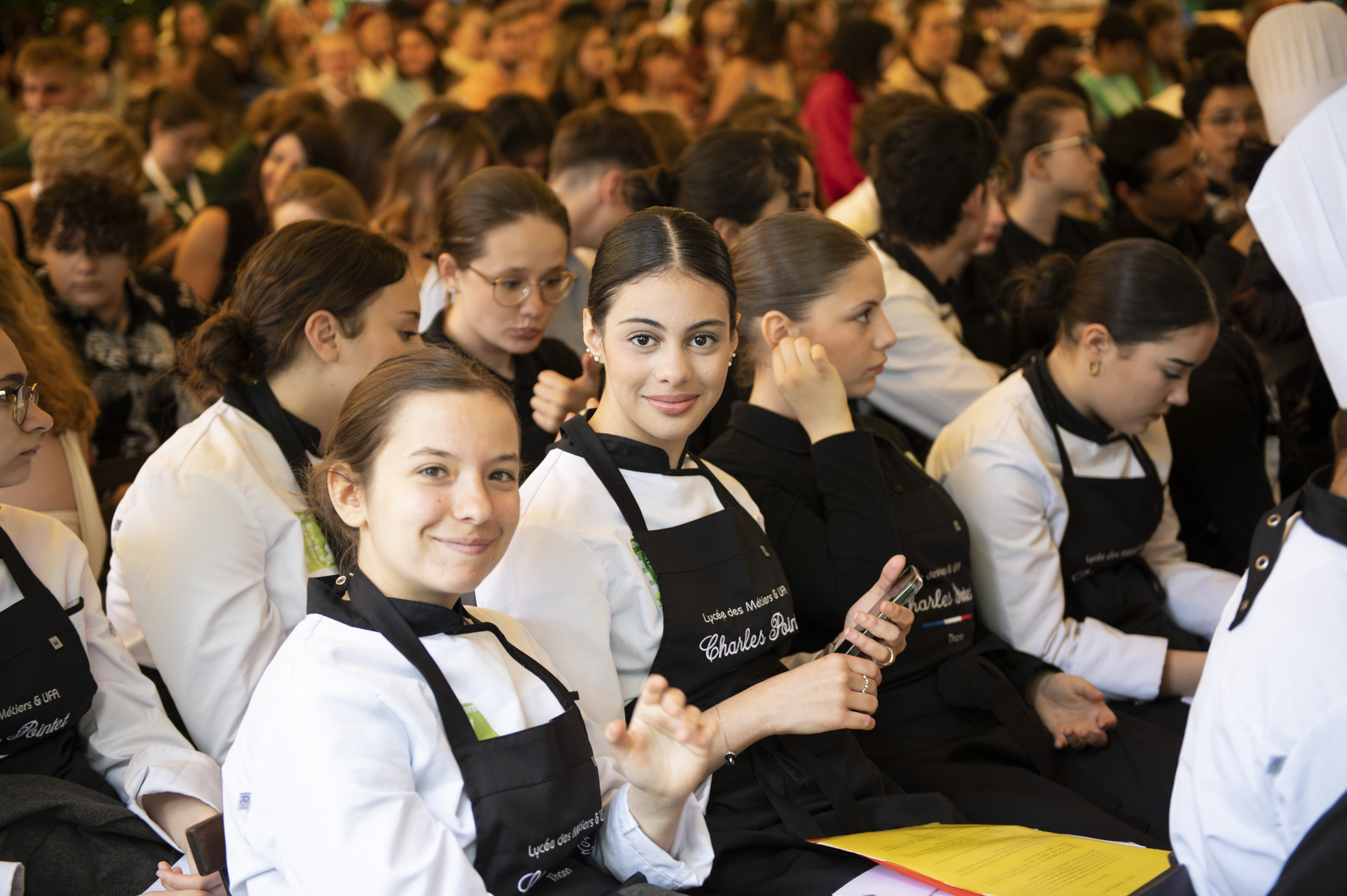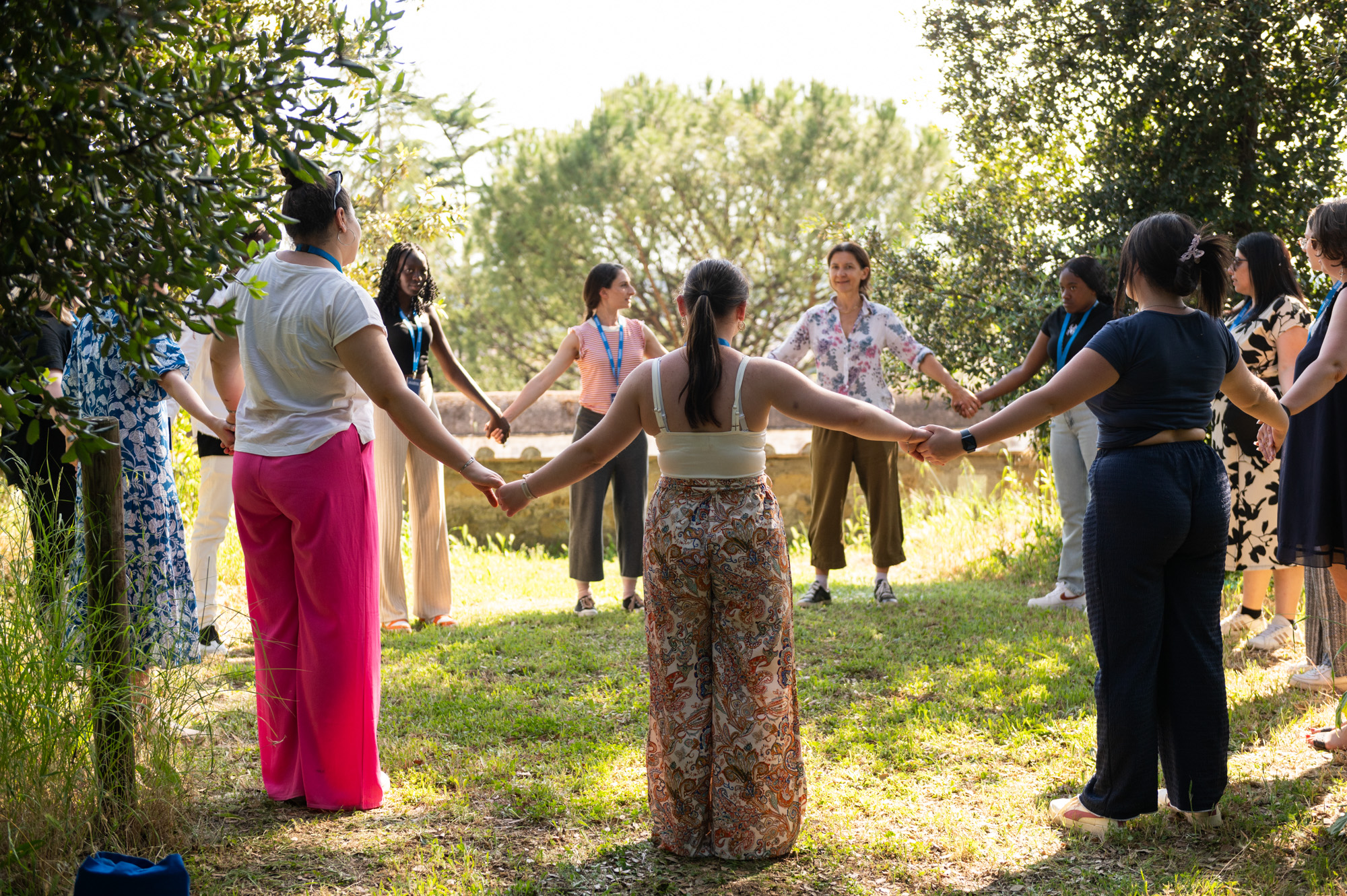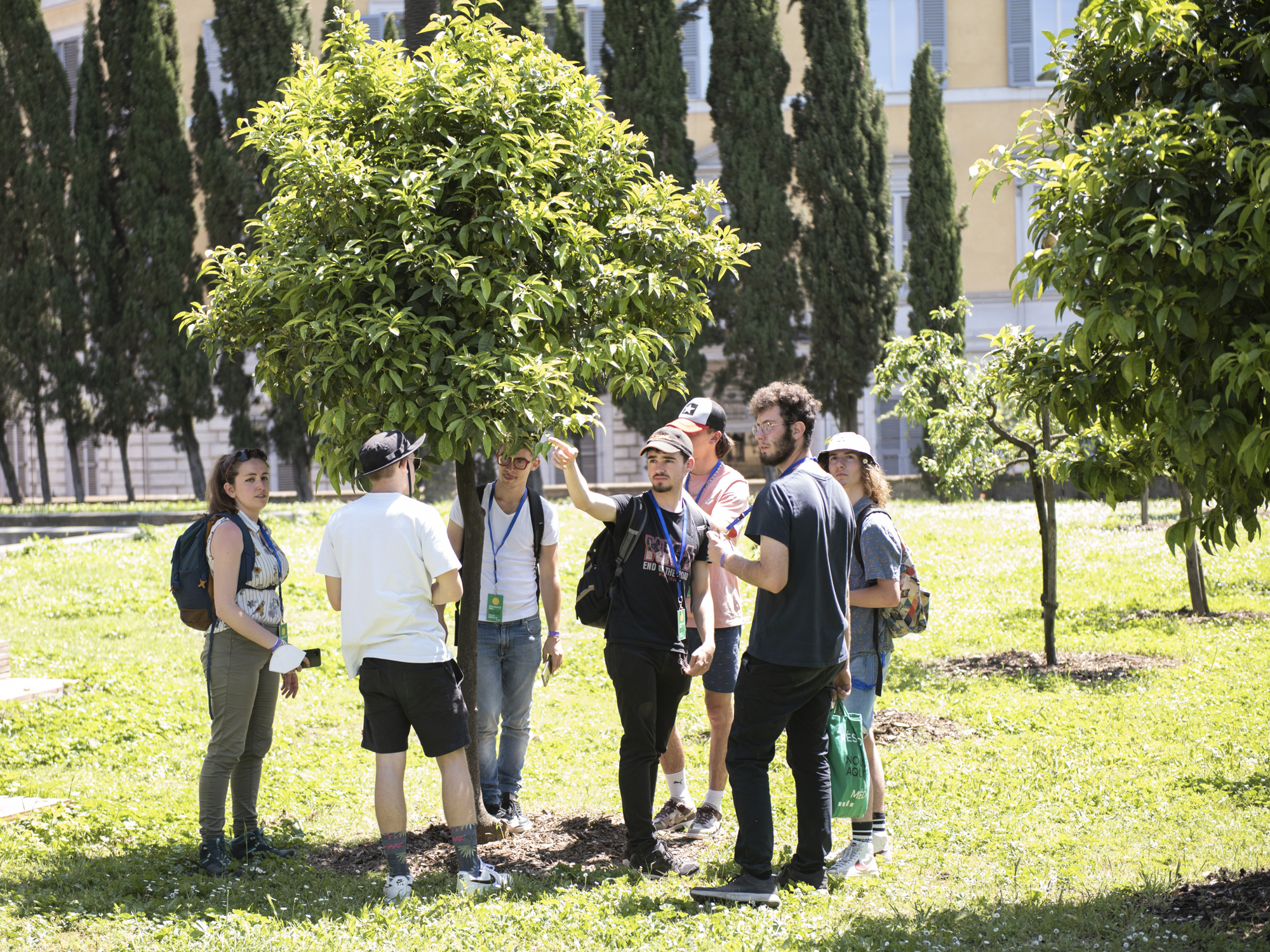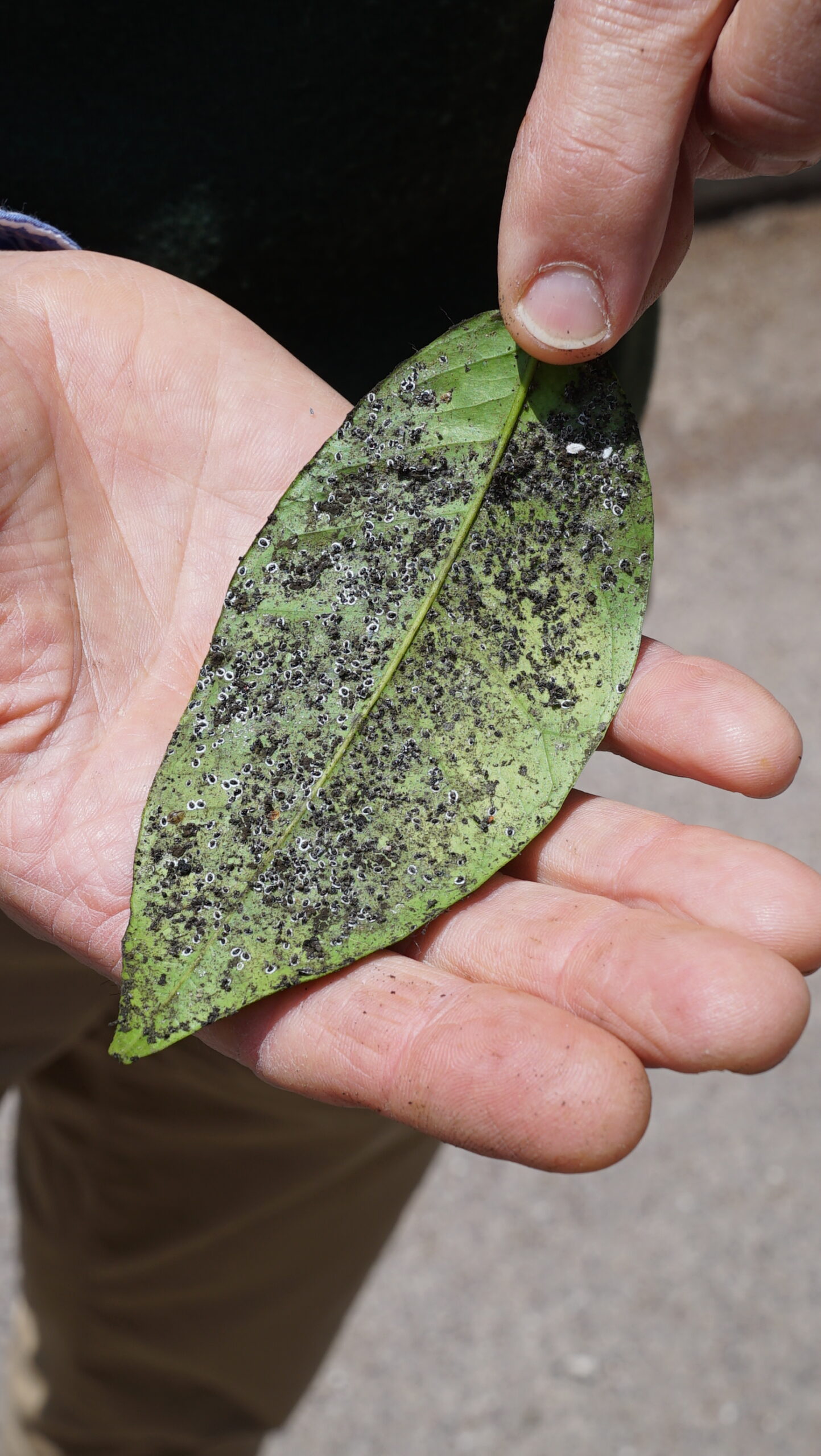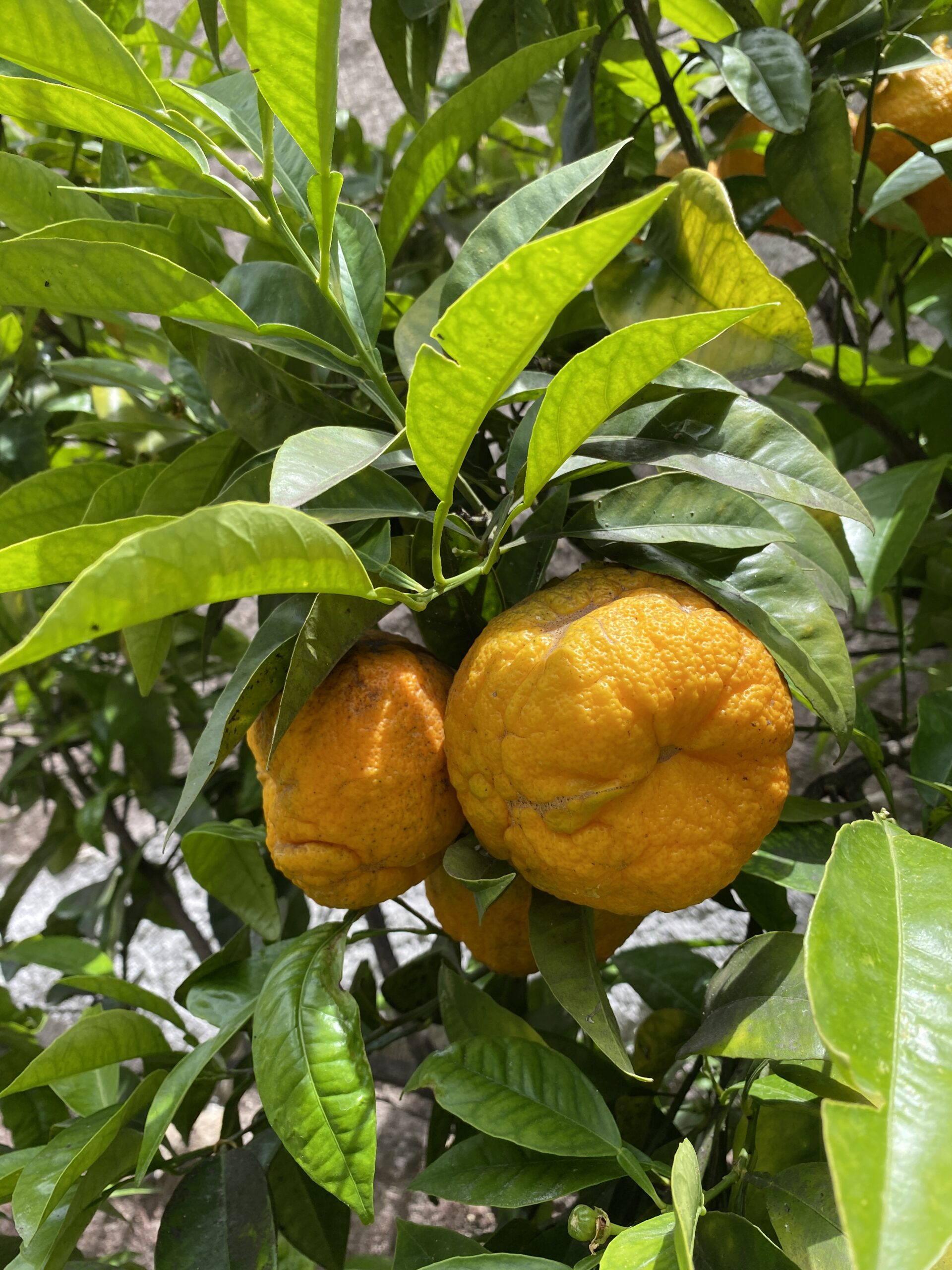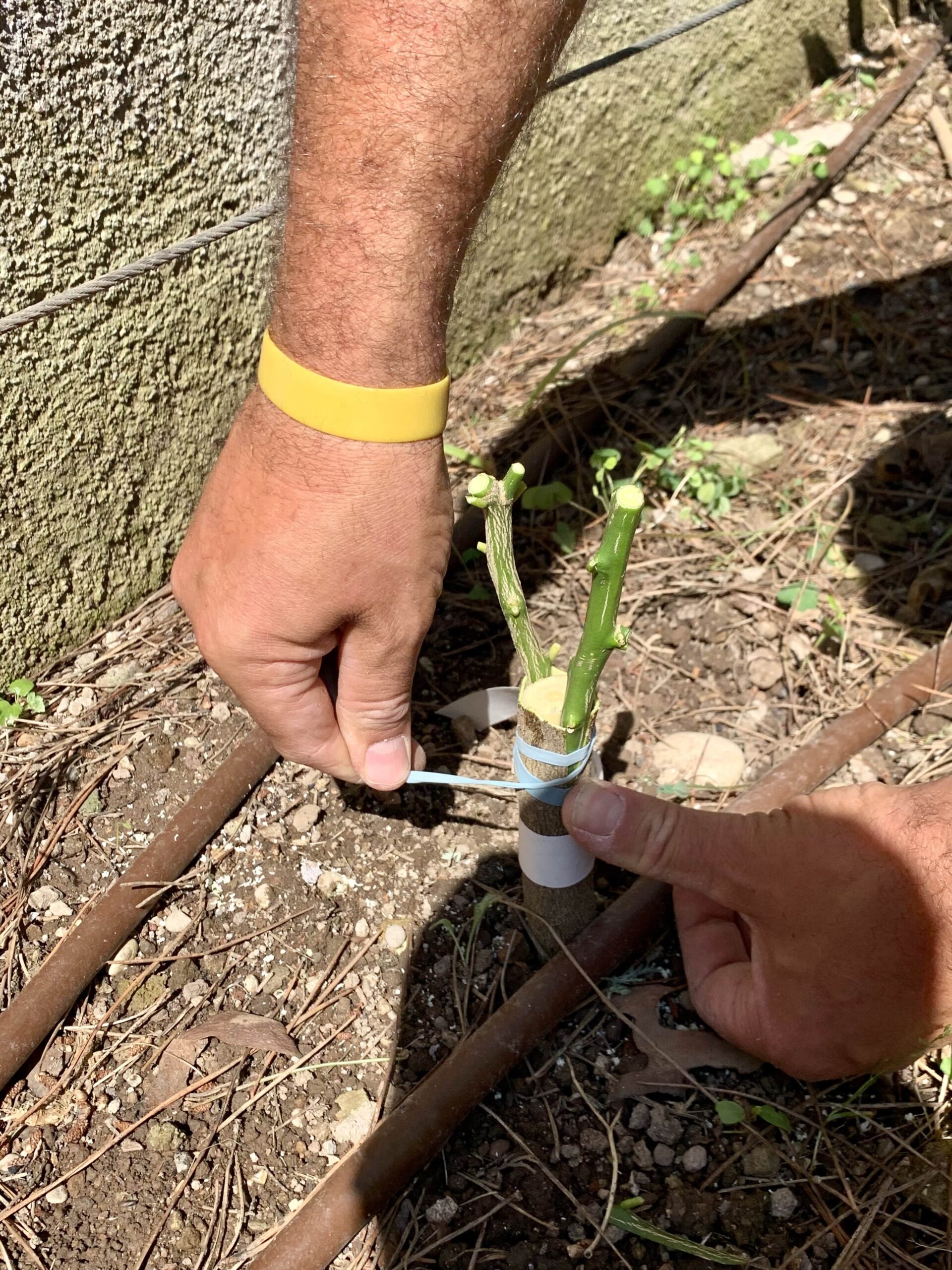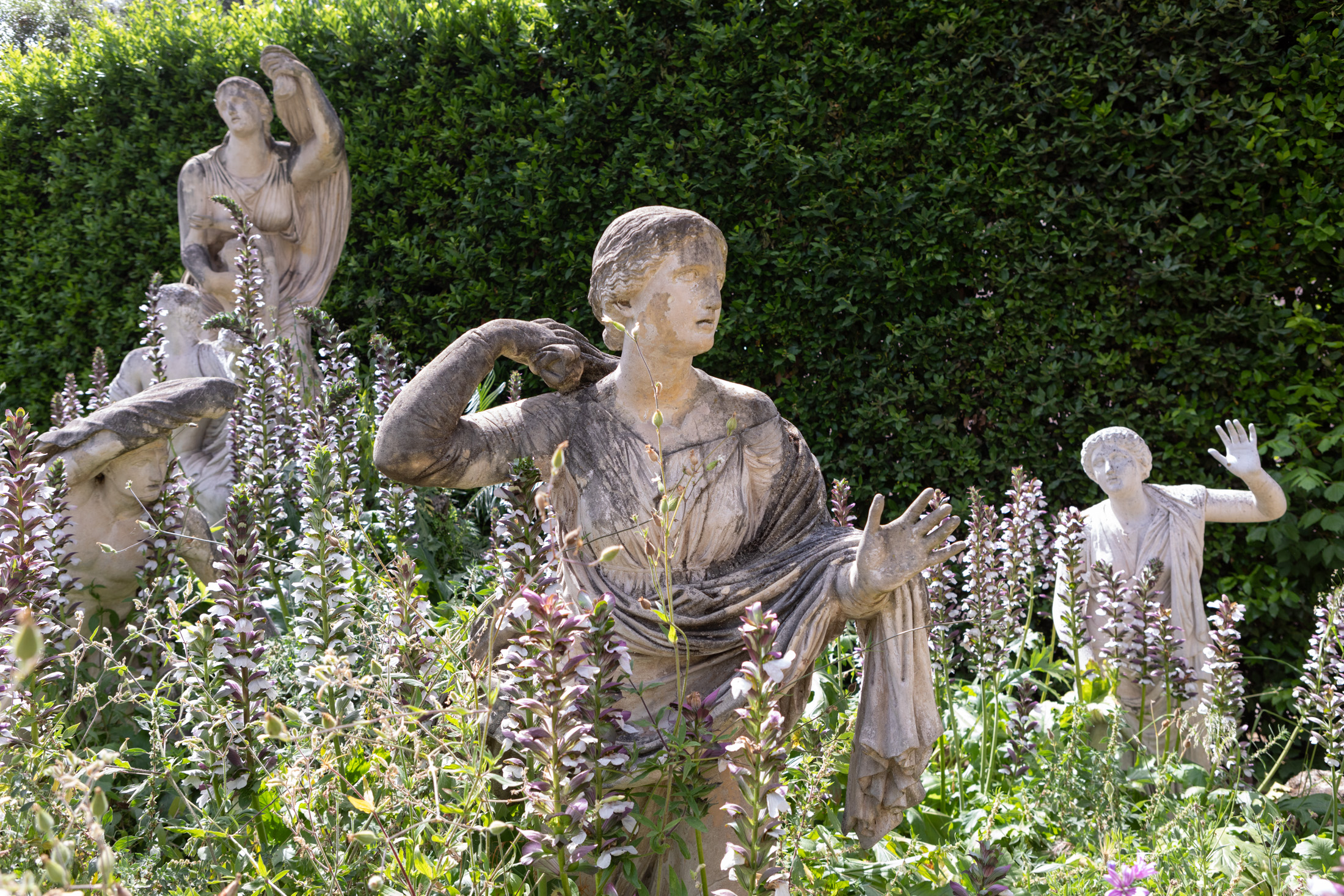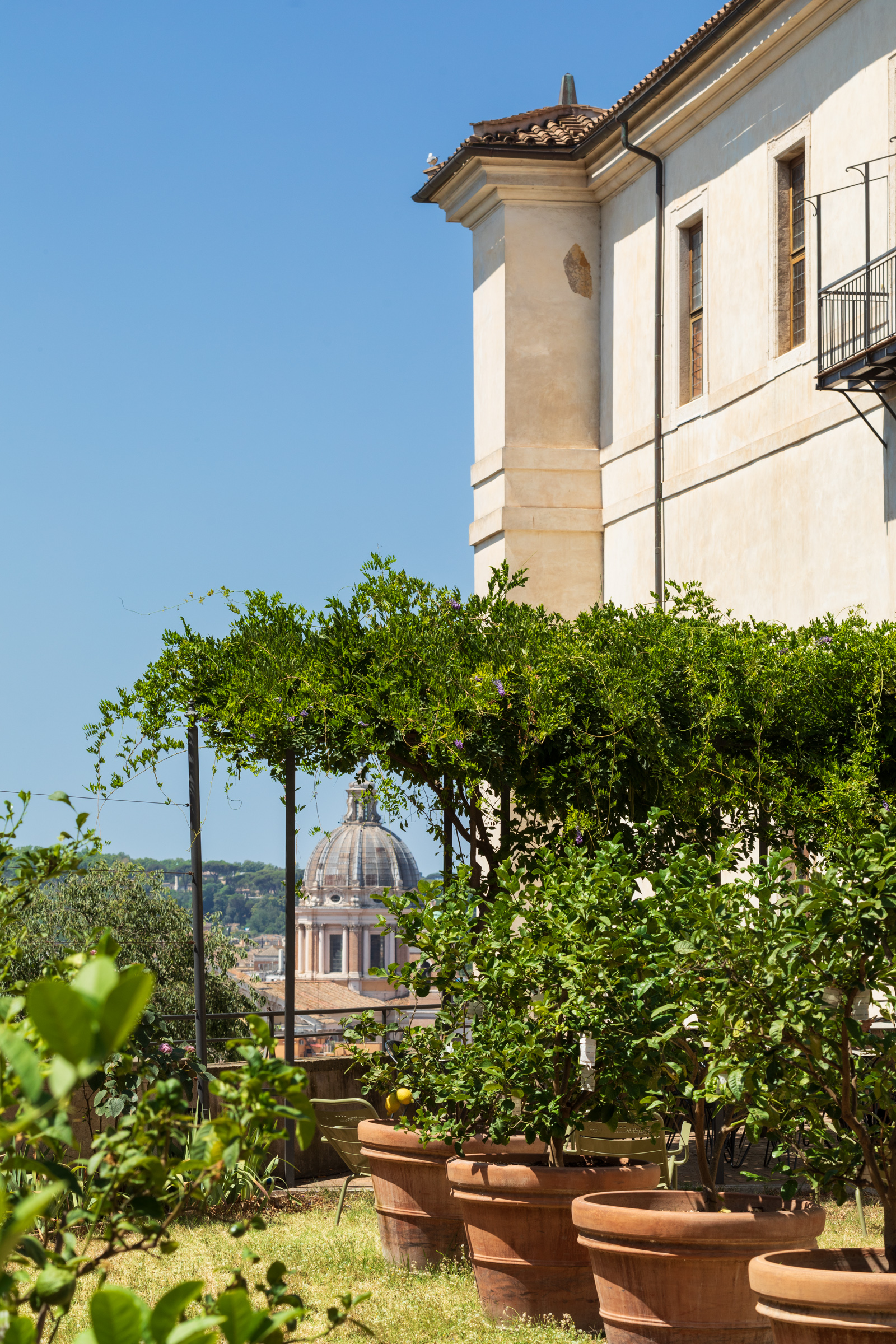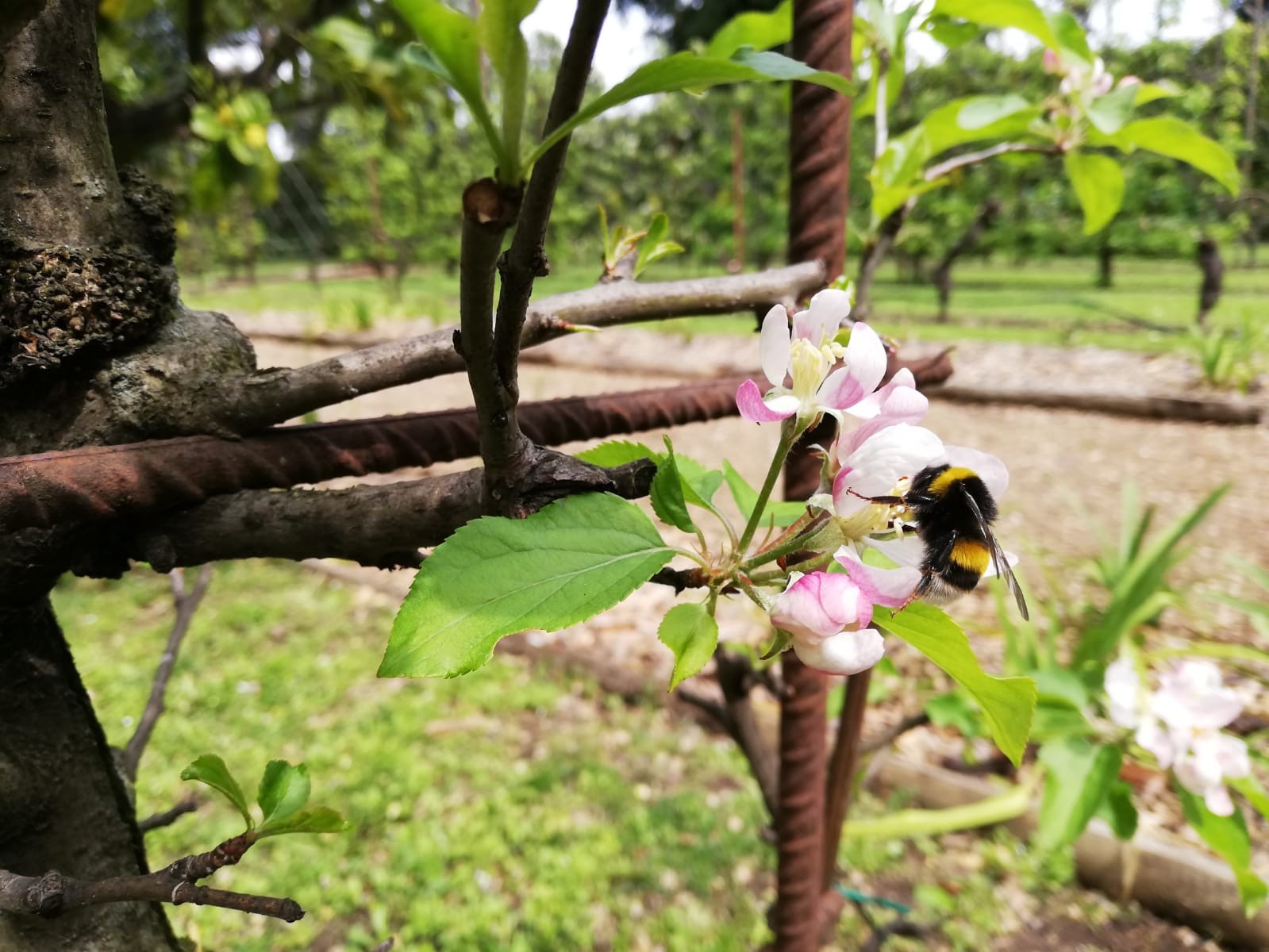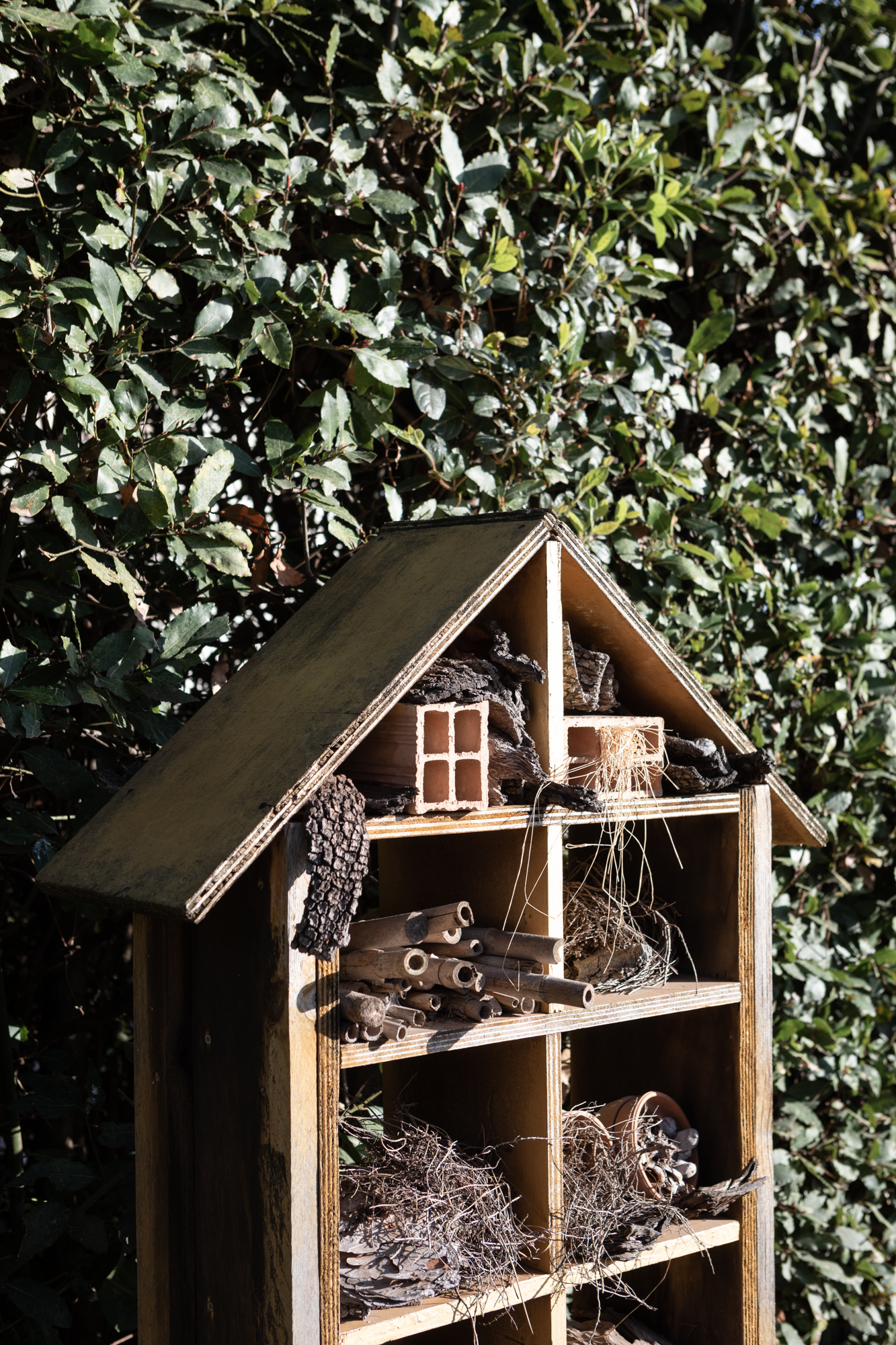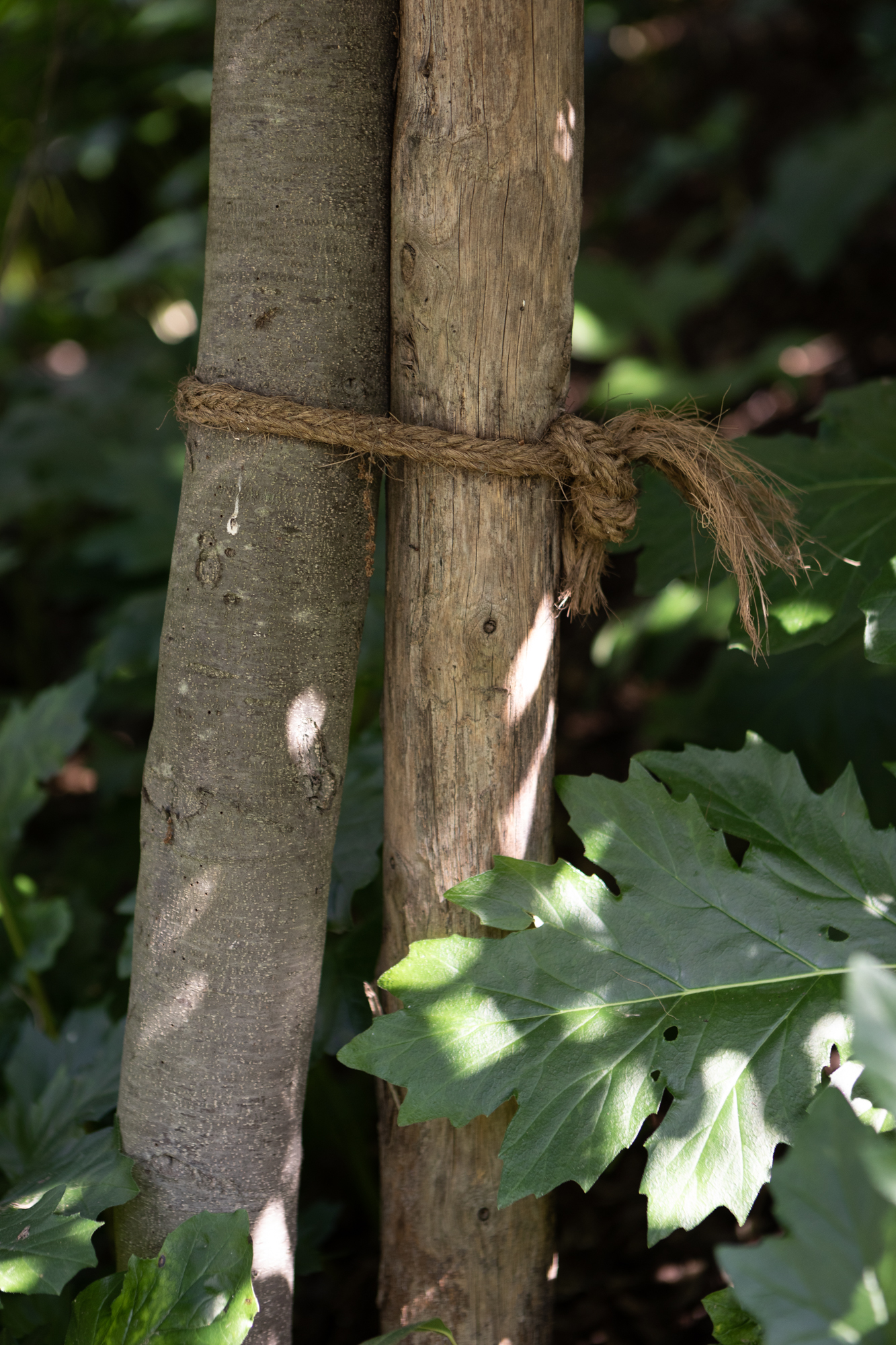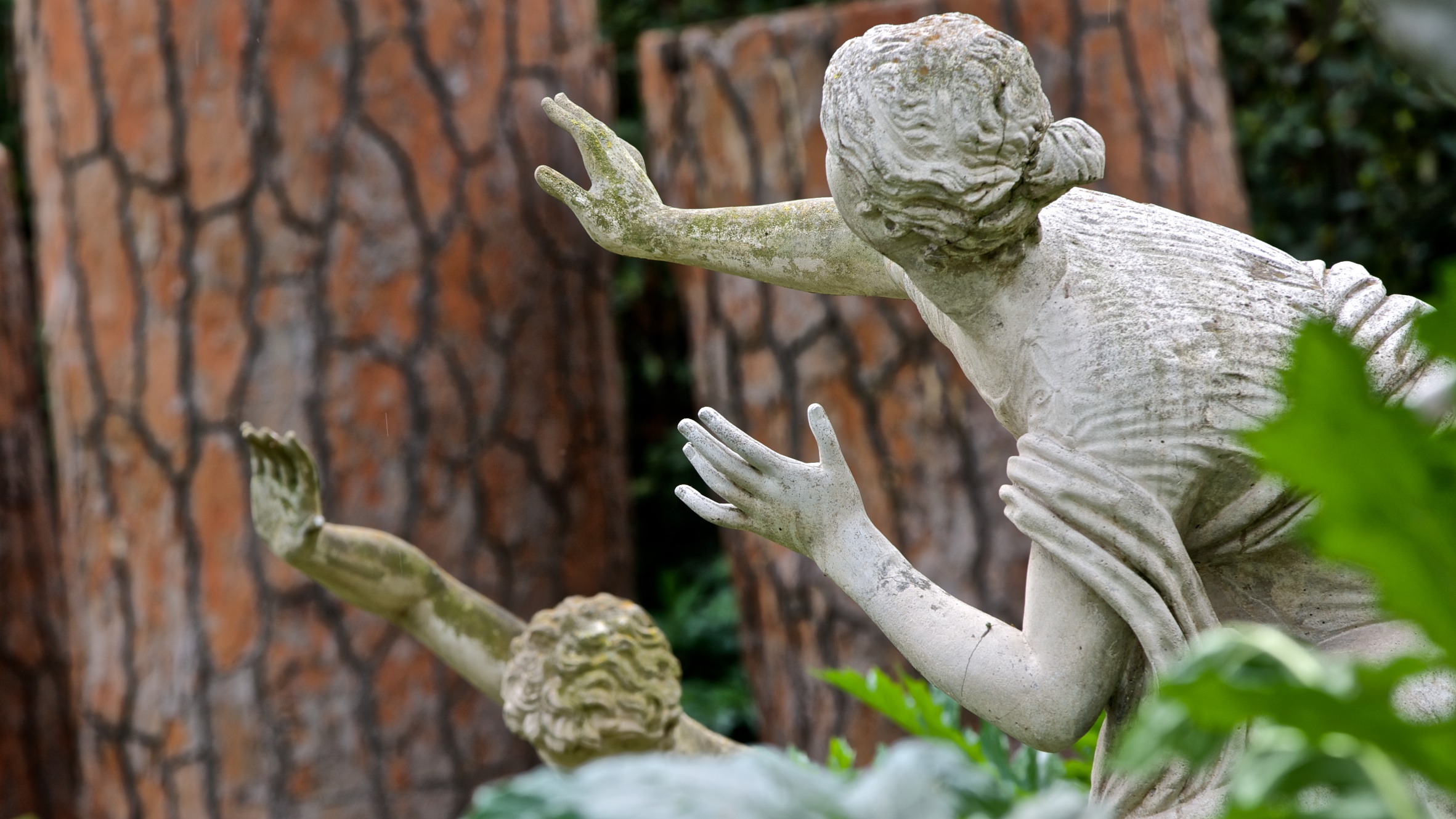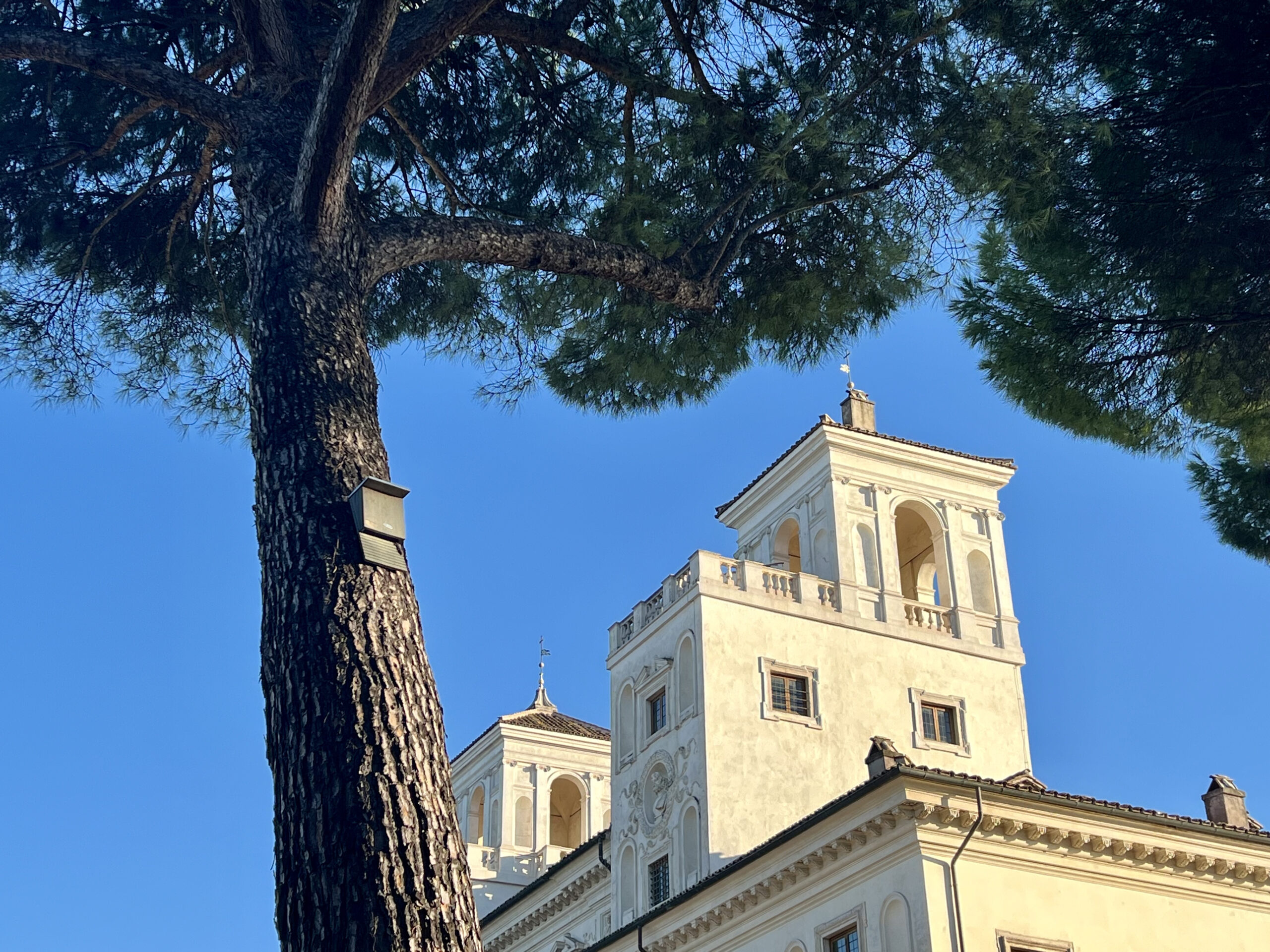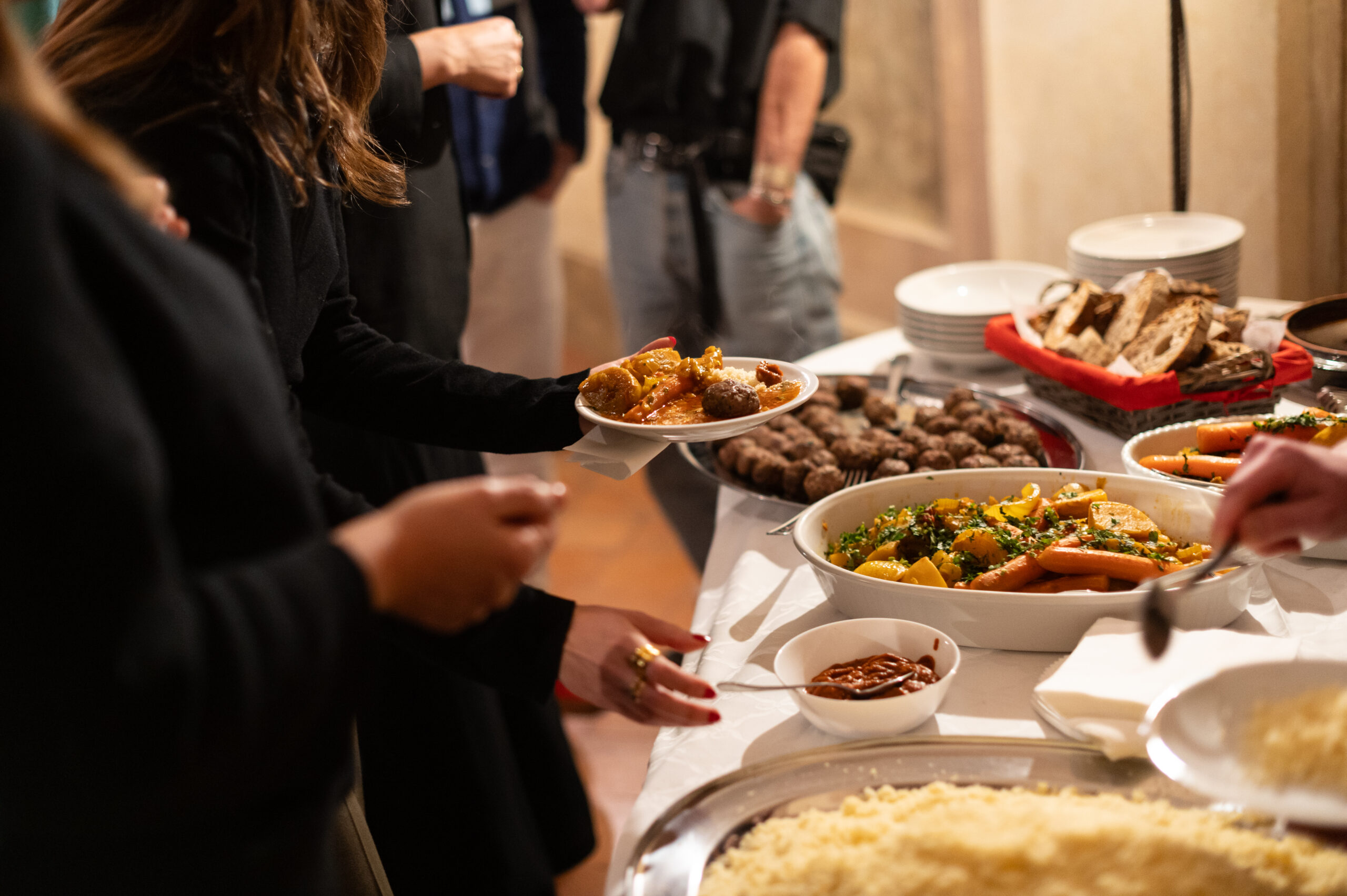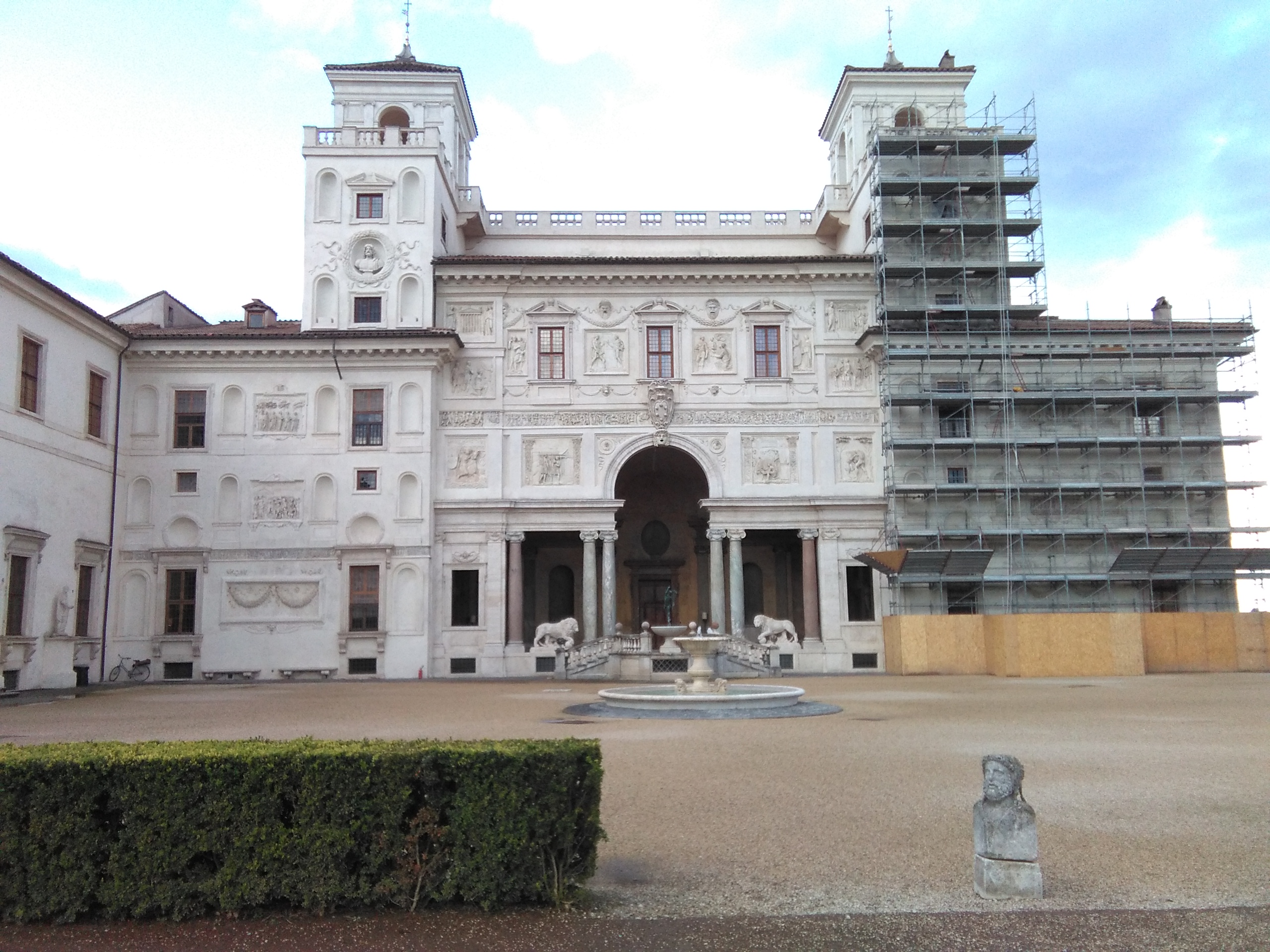Search
Our Commitments
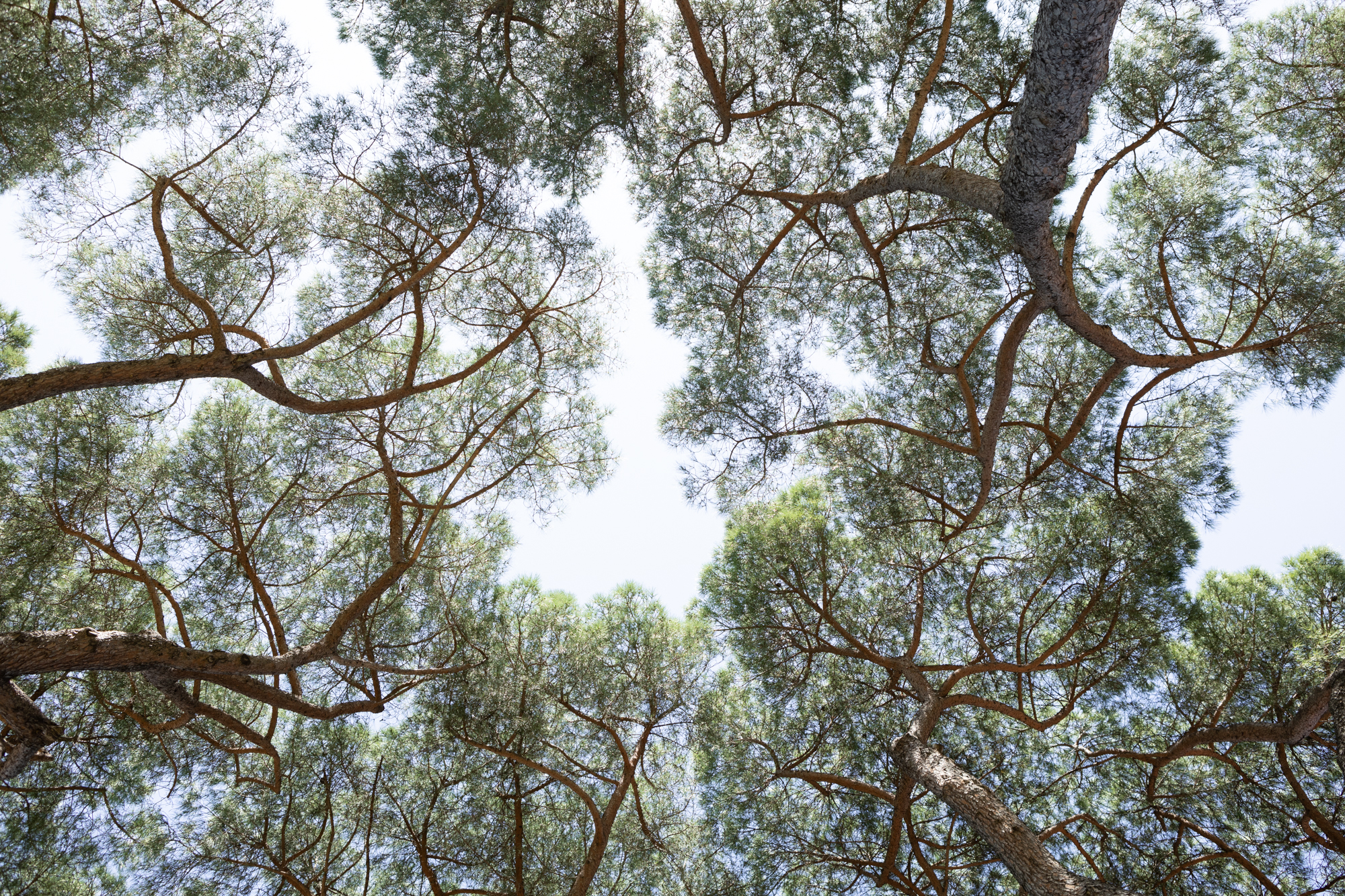
Villa Medici is committed to social and environmental responsibility in all its areas of activity.
Culture as a driving force in social and professional integration
Residencies for young people
Villa Medici actively pursues a policy of hosting young visitors and raising their awareness regarding the challenges awaiting them in artistic creative processes and professions. Each year, the Résidence Pro program provides 250 French vocational and agricultural secondary school students with the opportunity to spend a week in residence at Villa Medici. Each edition is organized in collaboration with one or more French regions, including New Aquitaine, Provence-Alpes-Côte d’Azur, Grand Est, and Pays de la Loire. The secondary school students, between the ages of 15 and 18, come from a wide variety of trades, including woodworking, construction, electrical engineering, thermal engineering, landscaping and home care. Between September and May, the students work in class on a collective project inspired by Roman cultural heritage and applied to the trades in their chosen fields. In May, they come to Rome for a week-long, tailor-made residency with a program of workshops, meetings, lectures, visits and oral presentations. Between 2022 and 2024, the Résidence Pro has benefited more than 1,000 secondary school students.
Each year, Villa Medici also welcomes several young graduates from French art schools as part of a partnership with the Fondation Culture & Diversité. Winners of the Foundation’s Equal Opportunity program participate in a week-long residency with a program of meetings, seminars, workshops and training together with experts from the French and Italian cultural scene, as well as artists and residency specialists from a wide range of backgrounds. The program’s aim is to broaden professional networks and improve knowledge of the residency ecosystem in France and abroad, as well as providing a better grasp of the cultural sector and its challenges.
Towards professional integration
Villa Medici also hosts a large number of student interns throughout the year, to support its teams. Interns are welcomed in a number of departments: artistic programming, human resources, communications, sponsorship, art history, publishing and general secretariat. Mindful of the issue of equal access, Villa Medici has created a specific program for fellows from the French university system. This program provides coverage of round-trip travel expenses between France and Rome and priority in allocating housing at Villa Medici during the internship period.
In the field of social and professional inclusion, since 2017, Villa Medici has been collaborating with the Italian Ministry of Justice on a partnership program involving a group of female inmates at the Rebibbia prison. Under the guidance of chef Nadia Malpassi, the participants make preserves with the oranges harvested from the Villa Medici gardens, an experience that combines training, inclusion and enhancement of the area.
Tending the historic gardens with natural methods
Biodiversity to be protected
Biodiversity to be protected
Villa Medici’s 7 hectares of gardens are a valuable living heritage to be preserved and passed on. The team of gardeners is dedicated to maintaining them on a daily basis, using only environmentally sustainable methods. The use of pesticides was discontinued more than 15 years ago, and replaced by natural treatments to combat the various pest threats (the pine tortoise scale, the elm gall wasp, the laurel Psylloidea, the red palm weevil, the red scale in citrus plants and the box tree moth). Polluting equipment, such as tractors, have been gradually replaced by environmentally friendly vehicles, including cargo bicycles and electric vans. Visitors to the Villa Medici often come across unusual cargo bicycle “ballets” moving around the gardens!
To facilitate natural mosquito control, bat shelters have been installed on the trunks of pine and holm oaks, eliminating the need for insecticides and encouraging the fireflies to return to the woods. Since 2021, Villa Medici has been using an innovative fertilizer developed by Marcel Mézy, a “farmer-researcher” from Aveyron and a pioneer in sustainable agriculture. This fertilizer, spread in different areas of the garden, is composed of a blend of 16 plants and 8 trees, composted using a specific process and timing. The composting involves a microbial ecosystem with thousands of microorganisms (bacteria, fungi, archaea, microalgae) essential for natural fertilization of the soil.
Water at Villa Medici
Water management is an integral part of Villa Medici’s eco-sustainable efforts and involves both the gardens and the daily lives of the occupants. The fountains in the gardens have operated on a closed circuit for more than two decades. Plants are watered sparingly, and it is an accepted fact that the lush lawns will turn brown with the increasing summer heat, and only a few exceptional areas will be kept green, such as the parterres and the Niobid quadrangle.
The value of everyday gestures
In the kitchen
Villa Medici pays close attention to environmental issues in its daily activities, convinced that the sum of small parts and gestures can trigger a virtuous dynamic. The in-house cafeteria, reserved for residents, fellows and staff, is stocked with 100 percent local, seasonal and sustainably farmed products. Each chef-in-residence helps to expand the network of local producers that supplies Villa Medici. A collective composting area has been created in the gardens, and four drinking water fountains have been installed on the estate to discourage the use of plastic bottles (each team member is provided with a personalized water bottle with the Villa Medici logo!).
From exhibitions to building maintenance
Actions to promote eco-sustainability also affect the artistic activities: Villa Medici encourages guest artists to travel by train whenever possible and to reuse or donate exhibition displays. In terms of building energy performance, renovation and thermal insulation works use short supply chains and sustainable materials such as chestnut and hemp from Italy. The Villa’s calls for tender for renovation works also routinely include a social and environmental criterion aimed at encouraging businesses to adopt eco-friendly measures. Finally, the Villa Medici team is made aware of environmental issues through group seminars and internal contact personnel assigned to deal with these issues.
Digital sobriety
An eco-responsible redesign of the site
Villa Medici devoted a year and a half to entirely redesigning its website in a more eco-responsible way, and completed it in October of 2024. Specialists in sober digital practices and technologies were called in to review the ecological impact of the new site’s entire life cycle. The aim is to provide an optimal digital experience while minimizing the environmental footprint. The site is hosted by a French company that uses immersion server cooling technology instead of the traditional air cooling. This innovative process reduces power consumption by 30% and the footprint by 50%. The issue of data archiving also came under close scrutiny. The migration of content from the old site was an opportunity to remove a large number of obsolete pages and media, reducing the digital load. The “Memories” section groups all the institution’s artists, directors and events together chronologically. The default navigation in this section favors a display of text, while the “Browse through the images” option allows users to explore the content visually, while limiting energy consumption.
A minimalist, high-performance style
A major effort has been made to reduce the digital carbon footprint through minimalist technical and design choices. The site uses optimized code and scripts, with a static framework (Next.js) that greatly reduces page loading times. The design is both clean and elegant, with a streamlined tree structure and the use of a single font throughout the site. The automatic compression of images and their progressive display as they scroll (lazy load) also help make the site lighter. The photo portraits on the site are also converted to binary color coding, reducing their weight without compromising visual quality. Hosting videos off-site also helps in this strategy to reduce the impact on the environment.
Digital sobriety integrated into everyday life
Beyond the technical aspects, Villa Medici has also made its communications teams aware of the challenges of digital sobriety. Best practices are now applied on a daily basis, such as the rational use of media, the regular deletion of out-of-date content, and the monitoring of digital data, with a special focus on page weight. This ongoing commitment is designed to ensure that the site remains high-performance, eco-responsible and in tune with today’s digital challenges.
